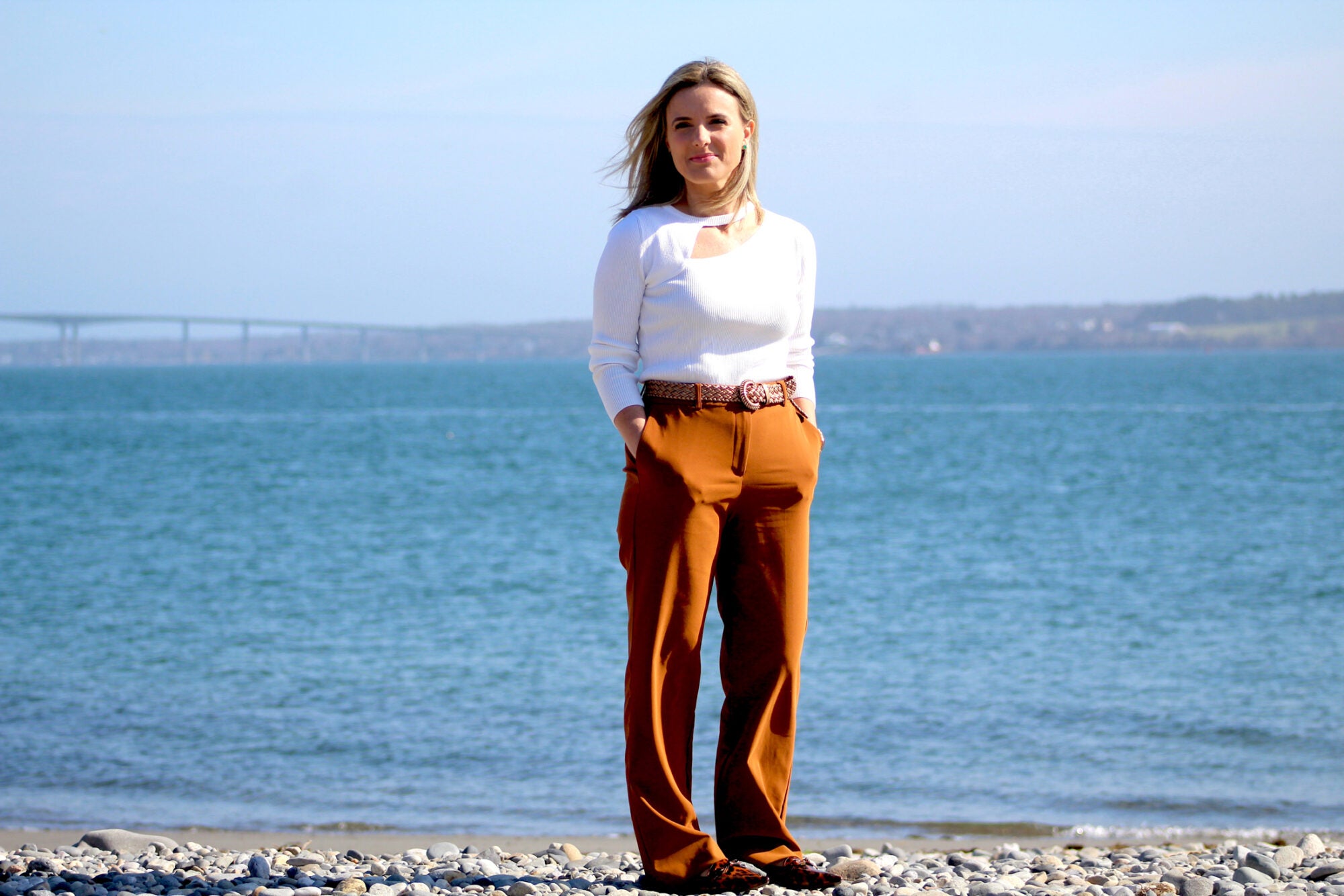Can a dangerous profession be made healthier?
 |
| Professor Thaís São-João aims to improve quality of life for fishermen, possibly increasing fish landing and impacting the blue economy |
Commercial fishermen are the most at-risk blue economy workers, constantly exposed to hazardous working conditions, strenuous labor, long hours in variable weather conditions, and poor sleep and nutritional patterns.
Poor
health has important implications for the social, economic and environmental
aspects of fisheries, where health is a pivotal asset underpinning
productivity.
This constant exertion severely
affects fishermen’s health, marine ecosystems and the local and national
economy by decreasing the fish landing. Fishing has always been a staple of
Rhode Island’s blue economy, continuously employing workers and generating high
commercial value.
URI College of Nursing Professor
Thaís São-João hopes to improve health conditions by studying the
cardiometabolic health and quality of life of Rhode Island fishermen. Funded by
the National Institute of General Medical Sciences of the National Institutes
of Health, the study aims to determine if improving health and quality of life
could increase fishing productivity, which would impact the blue economy.
This study will take place in three ports in Rhode Island: Davisville, ProvPort and Newport.
São-João—along with faculty mentor Kim Arcoleo and research partners Azure Cygler and Jennifer McCann from the URI Graduate School of Oceanography—will examine local fishermen’s cardiovascular health, lifestyle behaviors, cardiometabolic protective and risk factors, and fish landings outcomes reported by them.
Questionnaires on diet, sleep,
physical activity and nicotine exposure will be used; and body measurements
will be evaluated, such as blood pressure, weight, height, and waist, neck and
hip circumferences. Dried blood spots will be used to collect lipids, glucose
and insulin.
“Although there are exceptional federal regulations that provide information and policies focused on environment safety, occupational safety risk and nature preservation, little is known about the health of, and care provided to the commercial fishermen,” São-João said.
“On top of that, no relation between their health and how it
affects the blue economy has been investigated. Our results will inform the
development of interventions to prevent fishermen from having poor health and quality
of life, and also to improve their overall health and quality of life in the
future.”
The study is designed considering
the 2030 Agenda for Sustainable Development. Locally, it relates to one of the
four economic development goals proposed by the RI-Blue Economy Technology
Cluster Coalition 2022-2025.